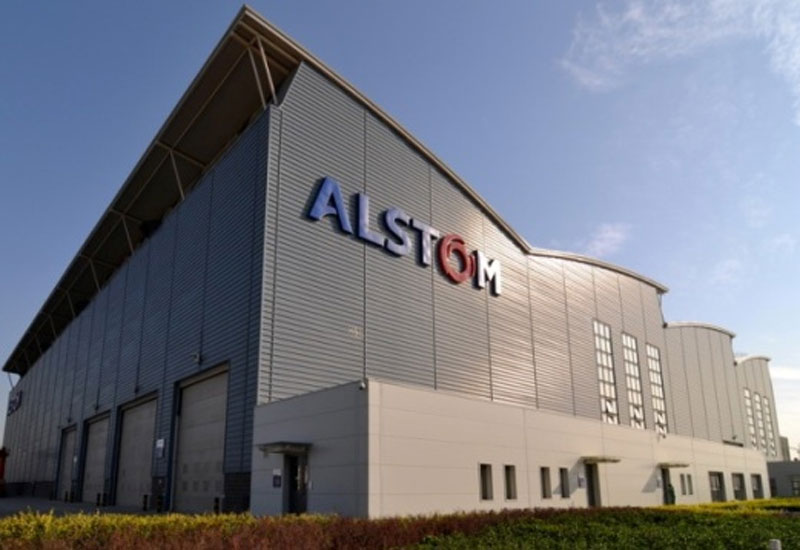
TOKYO—The possible bid by Mitsubishi Heavy Industries for turbine businesses of French engineering firm Alstom is part of Japan’s effort to carve out a share of the lucrative global energy infrastructure business.
Mitsubishi and German rival Siemens AG said Wednesday they are considering a joint bid for parts of Alstom and will decide by Monday whether to pitch it to Alstom’s board.
Mitsubishi Heavy is Japan’s largest heavy machinery maker with $32 billion in annual revenue. It produces ships, engines, nuclear power plants and arms for Japan’s defence ministry.
Reports indicate Siemens and Mitsubishi Heavy Industries have separate plans for the assets they’d acquire under the joint bid.
The financial newspaper Nikkei reported Thursday that Mitsubishi Heavy Industries and Hitachi, which merged their thermal power generation systems businesses in February, would set up a new joint unit to incorporate the Alstom acquisition. Mitsubishi would own 65 per cent and Hitachi 35 per cent, the same ratio both hold in their combined business, Mitsubishi Hitachi Power Systems, Ltd.
Mitsubishi CEO Shunishi Miyanaga said his firm can “substantially contribute to a partnership solution for Alstom which will create value for all parties involved, including the country of France.”
The report put the value of the potential acquisitions by Siemens and the Japanese companies at 1 trillion yen ($9.8 billion).
It said Mitsubishi would purchase Alstom’s steam turbine business while Siemens would buy its gas turbines assets. However, Mitsubishi issued a statement saying that details of the acquisition were still under discussion.
It said Mitsubishi would purchase Alstom’s steam turbine business while Siemens would buy its gas turbines assets.
Alstom has favoured a $17 billion bid from U.S. company General Electric, but the French government has been resistant to the deal and sought rival offers.
Alstom’s board is to make a decision by June 23.
Mitsubishi Heavy Industries, founded in 1884, employs more than 80,500 people. It and Hitachi have led Japan’s effort to gain an edge in the energy systems industry dominated by GE and Siemens. They’ve found an enthusiastic ally in Prime Minister Shinzo Abe, who has circled the globe drumming up business for Japanese corporations.
Under Abe, many Japanese companies have profited massively from policies aimed at stimulating growth through heavy public spending and monetary easing that have helped weaken the yen, boosting the value of their overseas earnings in Japanese currency terms.
Cash holdings of Japanese corporations are equivalent to nearly 45 per cent of their market capitalization, compared with less than 20 per cent in the U.S. and about 25 per cent in Germany.
But with the population in Japan aging and declining, companies have mostly opted to sit on their massive cash piles.
Domestic corporate investment has shown signs of recovery, but so far has lagged expectations, failing to provide the boost to real wages needed to ensure a sustained recovery from two decades of economic malaise.
Overseas foreign direct investment jumped 10 per cent last year, to $135 billion, most of it flowing to Southeast Asia and the U.S., and most of it in non-manufacturing industries, according to Finance Ministry data.
There have been a few big overseas acquistions such as SoftBank Corp.’s purchase of a majority stake in Sprint, the third-largest U.S. wireless carrier, in July 2013 for $21.6 billion and Mitsubishi UFJ Financial Group’s purchase of Thailand’s Bank of Ayudhya Public Co. Ltd. for $5.7 billion.
Overall, though, overseas acquisitions by Japanese companies fell 58.8 per cent in 2013 from the year before, to $47.7 billion, according to research firm Dealogic.